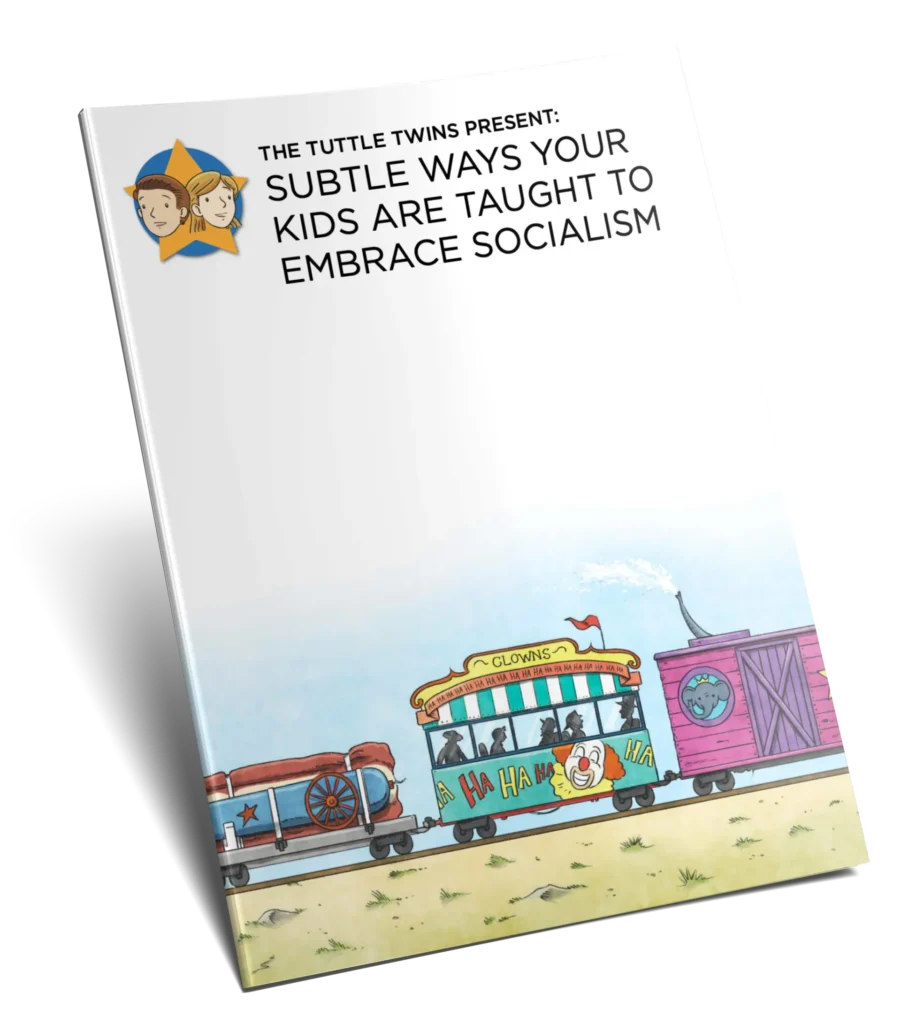A lot of people were surprised to learn that the Anti-Defamation League—for years treated by media and government as a neutral “arbiter” of “extremism”—had quietly built an online glossary flagging supposed hate groups and ideologies.
This week, they pulled the entire thing down.
Why?
Well, because they had gone so far as to include Turning Point USA—yes, the mainstream youth organization whose founder was recently assassinated—inside a resource that maps “extremism and hate.”

Look, even if you don’t like TPUSA’s style or politics, including them in a list of extremist hate groups is clearly a partisan, line-crossing moment.
The glossary vanished overnight because enough people made a fuss about it, but a lot of people also noticed that it included “Christian Identity” as hateful and extremist.
Defenders of the glossary are saying it isn’t what it looks like.
“Relax,” they say, “we only meant the loosely organized, non-denominational, mostly undefined group of people who subscribe to something called, Christian Identity is hateful and extremist—not plain old regular Christians.”
I have to admit I (like most people I’m willing to bet) had never heard of this so-called “theology” until I saw it on the ADL website.

Anyone who has ever paid attention to history can see the signs here. They know how labels like this work in practice.
“Christian Identity” is ambiguous enough that regular churchgoing parents can get lumped together with fringe theologies they’ve never even heard of. The ADL didn’t write “Christian belief is dangerous,” but the rhetorical net keeps widening, and the effect is to make ordinary faith seem suspect by association.
That’s the point of elastic labels—they make goalposts moveable.
For years, federal agencies treated the ADL as a trusted trainer on hate-crime and civil rights issues. That’s not a small thing, because when government borrows definitions from private watchdogs, those private judgments can start to shape public policy and policing.
The FBI once praised these trainings explicitly. Now—only after public outcry—the Bureau says it’s cutting ties with the ADL. The reversal tells you how much power these definitions had already accumulated behind the scenes.
Pretty scary.
Of course it’s also interesting to note what groups didn’t make the ADL’s now-scrubbed glossary.
Antifa was described by the ADL as nothing but a “decentralized movement”, and never given the label of “extremist” or “hate group”.
The nuanced definition may be technically correct, but it certainly highlights the asymmetry: some groups get elevated into the “hate/extremism” frame, while others are left as simply amorphous activism.

When definitions are this malleable, they stop clarifying and start signaling who’s “safe” to shame or deplatform, or even harm.
As a dad and as someone who cares about civil society, I’m less interested in scoring partisan points than in asking a deeper question: Who decides what our kids are allowed to believe?
When elite institutions outsource moral categories to private watchdogs, and then those categories migrate into media coverage, school training, and law-enforcement briefings, well… you see the problem.
Regular people begin to self-censor, churches soften their doctrine to avoid the label du jour, and parents teach less confidently because they don’t want their family stapled to a headline.
Now is the time to reclaim our responsibility.
Families—not bureaucracies or activist glossaries—are the first line of civic formation. We have to teach our kids how to evaluate claims, check sources, and spot how language is used to manipulate assumptions.
We have to teach them that if a label can’t be defined clearly and applied consistently, it doesn’t deserve the power we’ve given it.
It’s why we built the Tuttle Twins project the way we did: not to hand your kids a list of “approved” opinions, but to train them to think in principles—liberty, responsibility, honesty—and to recognize when institutions start bending words to consolidate power.
If you want a simple way to start right now, check out some of our downloadable parent resources.
From 13 Questions to Level-Up Your Family Dinner Conversations, to Subtle Ways Your Kids Are Taught to Embrace Socialism, we’ve got some great guides to help you talk to your kids about the things they see in the news and in pop culture.
It’s amazing what kids start to notice once you give them the tools to know what to look for.
Right now, it’s vital that parents like us keep on keeping the faith, keep teaching with clarity, and keep shifting labels from setting the boundaries on what is true and right.
Thanks for letting us help you in the vital work you’re doing.
— Connor


_800x.png?v=145130659039439442451759869552)


